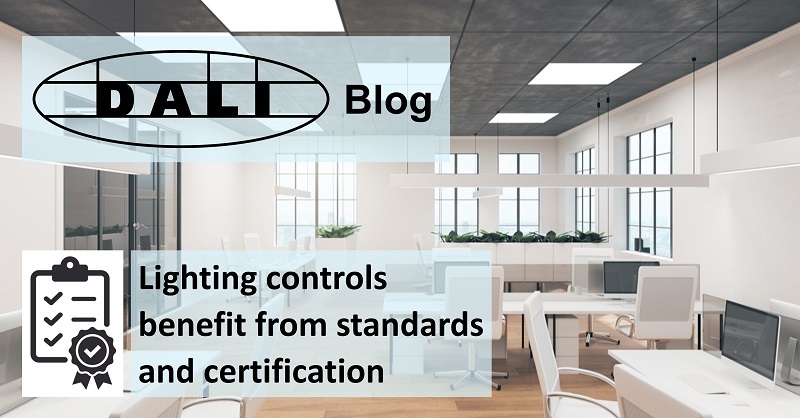




May 16, 2022
 Sometimes you want to go your own way – ‘think different’ is an appealing slogan. However, it’s often best for everyone to follow a standard, while still leaving room for innovation.
Sometimes you want to go your own way – ‘think different’ is an appealing slogan. However, it’s often best for everyone to follow a standard, while still leaving room for innovation.
Lighting control is no exception: with global standards, lighting projects can be future-proofed, with no vendor lock-in, and customers benefit from long-term confidence in the supply chain. With compatible devices available from multiple sources, there’s no need to throw away your existing systems and start again when you want to make changes – saving money, and reducing environmental impact.
For many years, lighting-control systems have been using the standardized Digital Addressable Lighting Interface (DALI®) protocol, managed by the DALI Alliance. Analyst Omdia has described DALI as "the largest wired digital open protocol in the world for lighting."
DALI is based on the open, global IEC 62386 standard. The specifications for DALI-based devices are openly available; IEC 62386 specifications can be obtained from IEC, and further specifications are available from the DALI Alliance website.
The DALI Alliance was formed to develop a certification program for interoperable DALI-based devices. Today, there are two certification programs: the main DALI-2 program which is based on the latest version of the DALI protocol, and D4i, which enables smart, connected luminaires. Also in development is DALI+ certification for DALI devices over wireless and IP-based networks. All are based on the DALI protocol for communication between lighting-control devices.
Let’s look at the benefits of DALI certification in a little more detail, and see how they can help lighting project designers and developers.
The first role of certification is to indicate that the product complies with the relevant specifications and to ensure that all the DALI features are implemented correctly. Certified products are built on a standardized platform, but of course there is plenty of scope for manufacturers to differentiate.
The DALI Alliance creates and maintains test procedures, which are used by member companies and test houses to test their products. These detailed and comprehensive tests are designed to provide high confidence of interoperability with other DALI-2 or D4i devices.
As a critical part of the process, the DALI Alliance verifies the test results, and certifies products that have passed. All certified products are listed on the DALI Alliance website, to provide traceability and enable customers to check a product is certified. Successful certification also means that products can carry a DALI-2 or D4i logo, to make it easier for customers to see which products are interoperable.
This standardization and certification process has created an ecosystem of lighting-control products from multiple vendors, so customers aren’t dependant on a single supplier, or locked into a proprietary technology. This gives customers more choice, and encourages competition amongst vendors, thus improving products.
DALI is here for the long term: it has been established for decades, and is supported by a growing list of close to 300 DALI Alliance members around the globe, including the world’s leading lighting companies. The DALI-2, D4i and upcoming DALI+ certification programs are all based on the existing fundamentals, and backwards compatibility is maintained.
This proven long-term interoperability also improves sustainability and reduces wastage. When you want to upgrade a lighting installation with new components and features, there’s no need for a complete retrofit, as could be necessary with proprietary systems. Alternative products can be found if original components are not available or no longer supported. Existing systems can be easily extended, with the freedom to choose from any supplier offering DALI-certified components.
Overall, the standardization provided by DALI ensures that lighting control systems can be future-proof and sustainable, without locking customers into one vendor. This enables systems to develop and expand as new features are added, and can reduce the whole life cost (total cost of ownership) of a lighting project.
► Sign up to join our mailing list and receive our newsletter
► Follow the DALI Alliance on LinkedIn or join the LinkedIn DALI Group